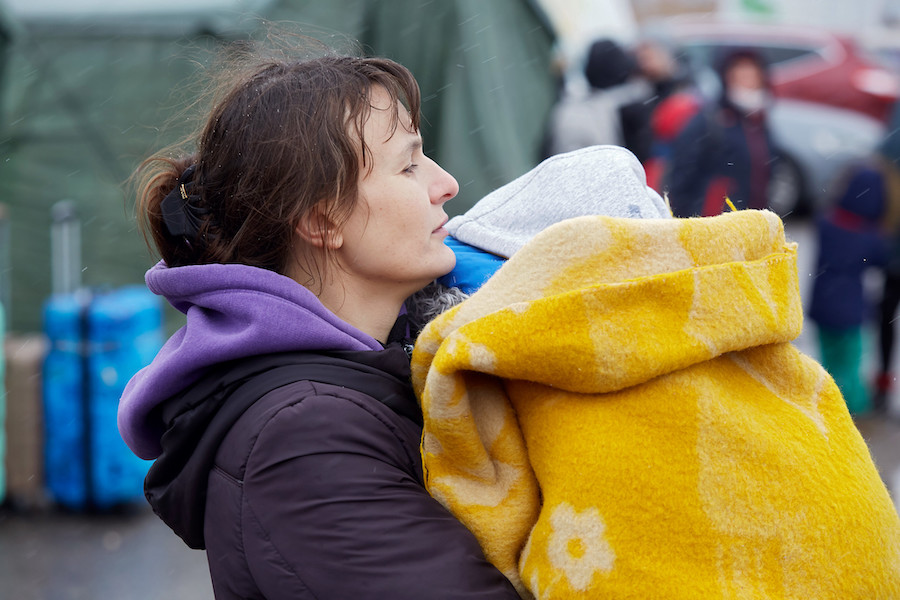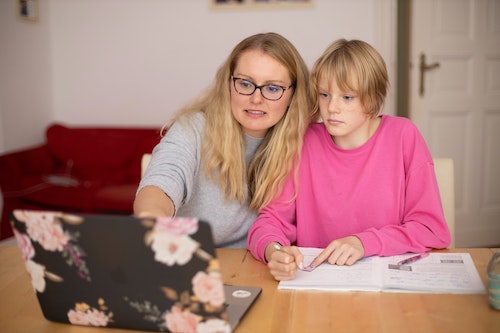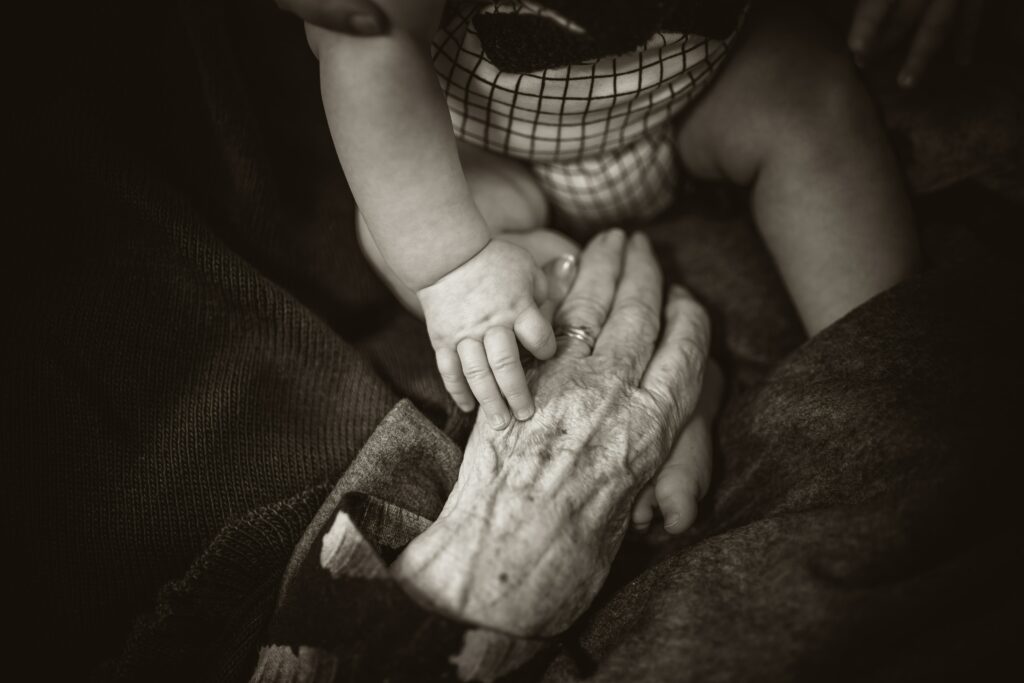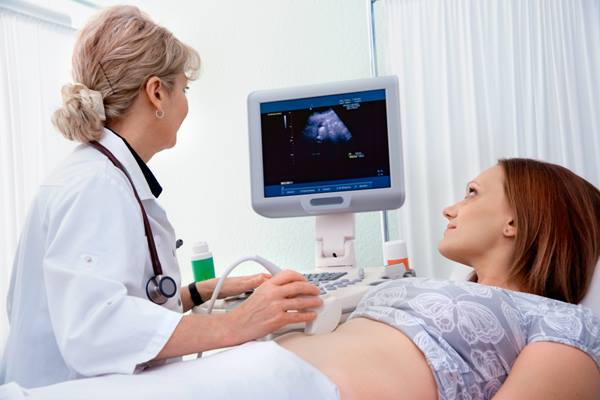The European Care Strategy: The right time to place Mothers centre stage
28.03.22

Make Mothers Matter strongly welcomes the launch of a European Care Strategy.
 In these unprecedented times, when Europe is navigating a global pandemic, when political tensions boil over and heinous attacks on civilians in Ukraine threaten the global order, it is important to reflect on the people who hold the fabric of society together. The pandemic has shone a light on the vital work of care workers, who continue to save lives every day, even if it means risking their own.
In these unprecedented times, when Europe is navigating a global pandemic, when political tensions boil over and heinous attacks on civilians in Ukraine threaten the global order, it is important to reflect on the people who hold the fabric of society together. The pandemic has shone a light on the vital work of care workers, who continue to save lives every day, even if it means risking their own.
Most of these workers are women, but for women, care work does not end at the hospital or nursing home.
Behind the scenes, in millions of homes around Europe, women and mothers work every day to ensure that their families and children are fed, educated and healthy. When schools closed during the COVID19 pandemic, mothers stepped up to care for and educate their children.
Their work and personal investment in their families and their children place them amongst the most important care providers. The pandemic has shed light on this valuable yet invisible and undervalued work: unpaid care work. Without it, our societies would grind to a halt. Carers around the world have been at the forefront of the health crisis. Most of them are women.
important care providers. The pandemic has shed light on this valuable yet invisible and undervalued work: unpaid care work. Without it, our societies would grind to a halt. Carers around the world have been at the forefront of the health crisis. Most of them are women.
Women have been hit hardest by the social and economic fallout of Covid-19. However, the gendered aspect of unpaid care work has not been sufficiently considered. The unequal  division of unpaid care work between genders contributes to continuing gender inequalities in the labour market. It perpetuates women’s lower labour force participation and women’s disproportionate participation in precarious employment and reinforces the gender gaps in employment, earnings, and pension. The care gap also makes it more difficult for mothers to advance in their career and improve their professional skills. Recent literature1 has documented that gender inequalities in earnings and income are closely related to care duties for children, which fall disproportionately on mothers. Until unpaid care work is recognized, reduced, and redistributed, the care gap will continue to hinder the rights of women, especially those of mothers.
division of unpaid care work between genders contributes to continuing gender inequalities in the labour market. It perpetuates women’s lower labour force participation and women’s disproportionate participation in precarious employment and reinforces the gender gaps in employment, earnings, and pension. The care gap also makes it more difficult for mothers to advance in their career and improve their professional skills. Recent literature1 has documented that gender inequalities in earnings and income are closely related to care duties for children, which fall disproportionately on mothers. Until unpaid care work is recognized, reduced, and redistributed, the care gap will continue to hinder the rights of women, especially those of mothers.
 Mothers are also care recipients. Maternal health is an indicator of global health. A healthy mother can take on her educational responsibilities and fully participate in economic and social life. Maternal health also ties into issues of economic inequality between genders, since a mother who is unwell and has insufficient access to maternal healthcare may be unable to participate in economic and social life.
Mothers are also care recipients. Maternal health is an indicator of global health. A healthy mother can take on her educational responsibilities and fully participate in economic and social life. Maternal health also ties into issues of economic inequality between genders, since a mother who is unwell and has insufficient access to maternal healthcare may be unable to participate in economic and social life.
The New EU Gender Equality Roadmap : A Call for Inclusion of Mothers
04.03.25
The European Commission’s initiative on a new Gender Equality Roadmap post-2025, marks a significant step forward in addressing gender disparities across the European Union. Make Mothers Matter (MMM
Breaking the Cycle: Gender Equality as a Path to Better Mental Health
18.03.25
The Council of the European Union has taken a decisive step in recognising the vital connection between gender equality and mental health.
Europe Must Listen to Mothers: Our landmark report heads to the European Parliament
28.08.25
On 22 September 2025, the voices of mothers will take centre stage in Brussels. For the first time, Make Mothers Matter (MMM) will present its State of Motherhood in Europe








